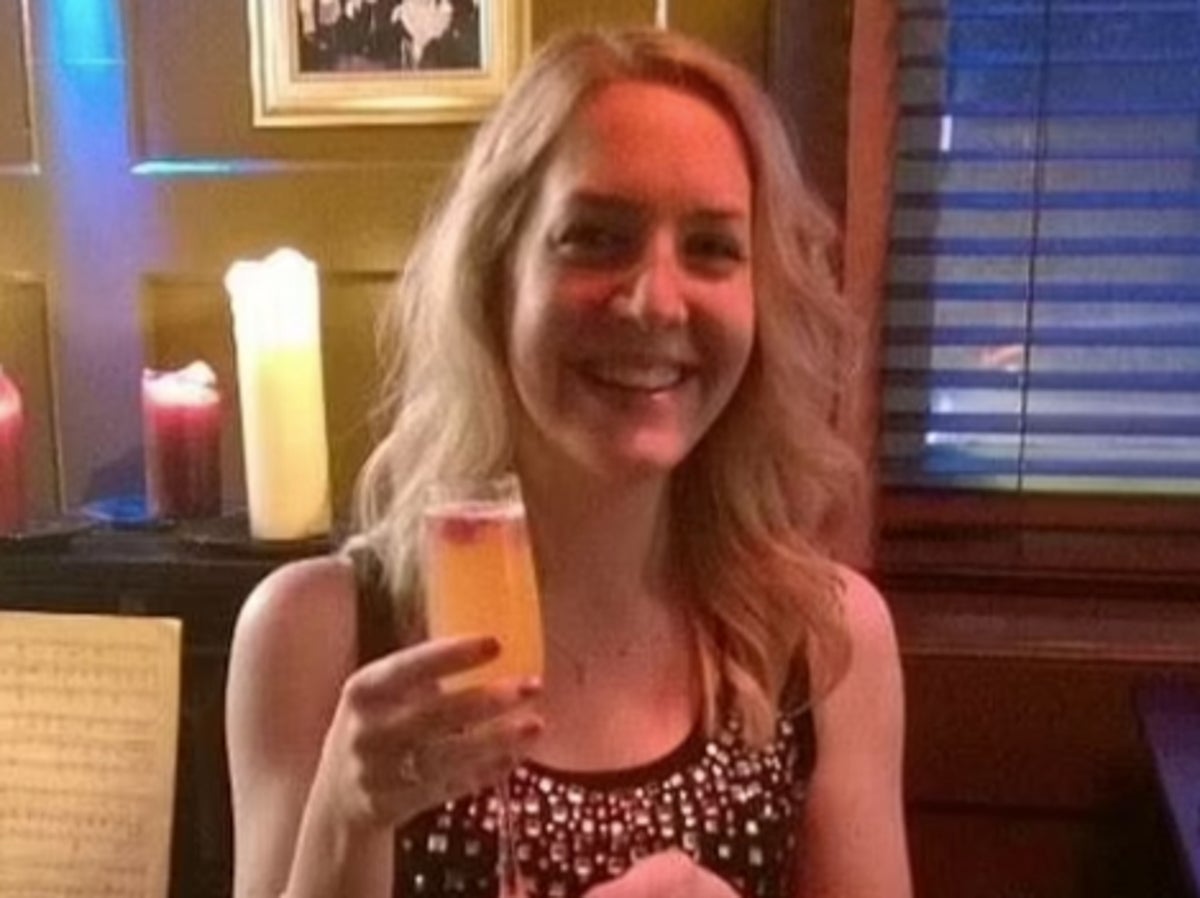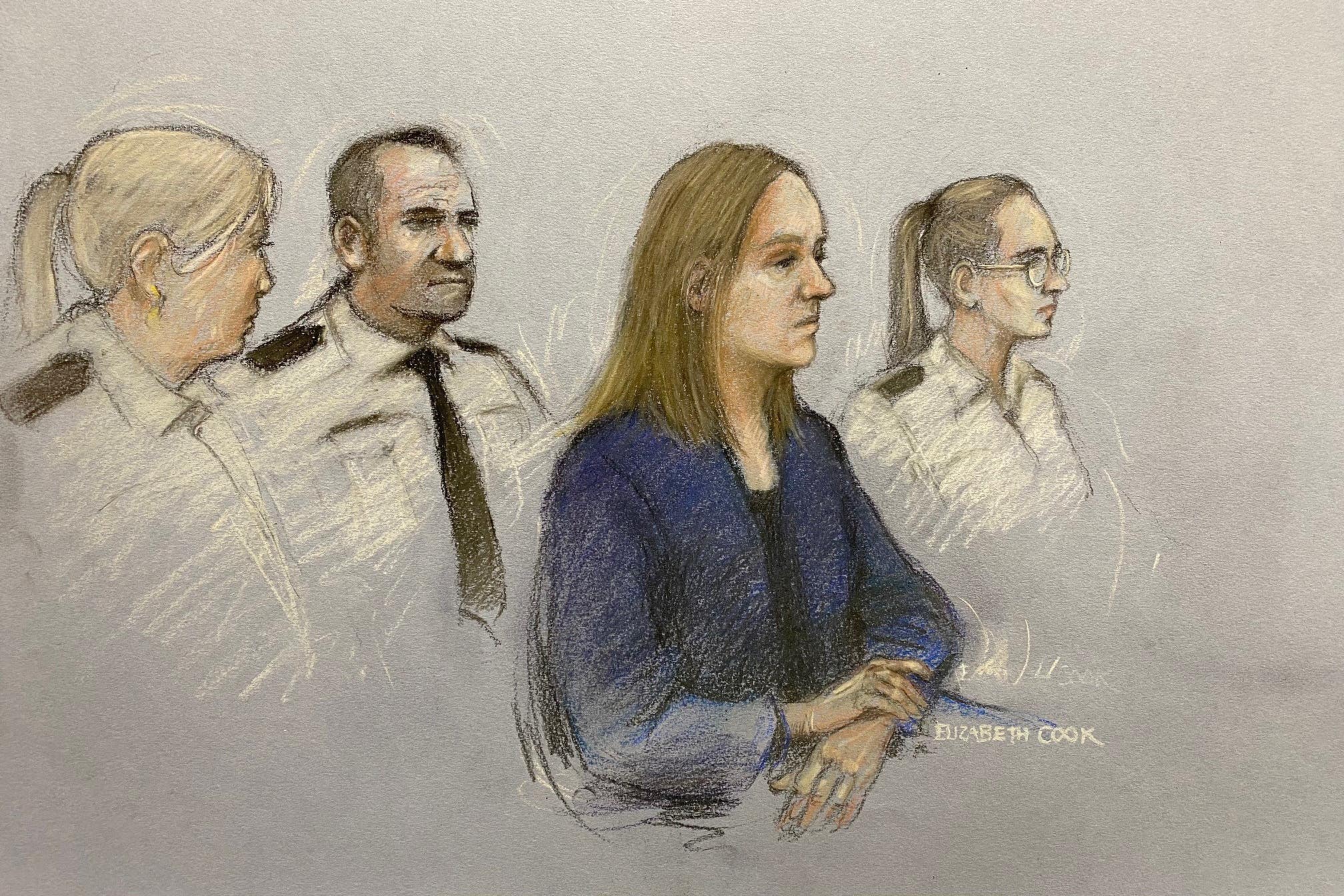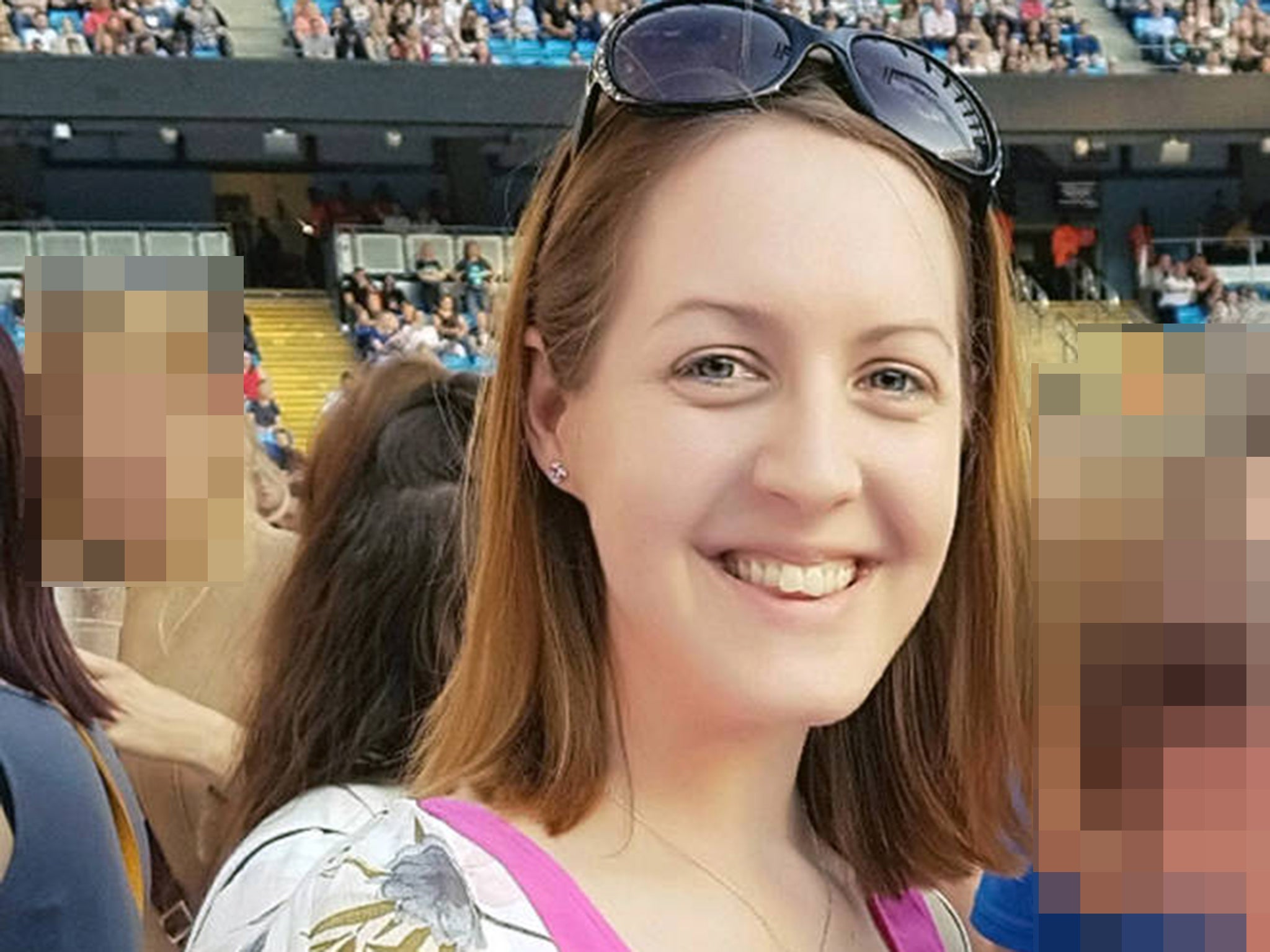
The prosecution’s case against a nurse accused of murdering seven babies and trying to kill 10 more at a neonatal unit is “a theory of guilt based firmly on coincidence”, a court has heard.
Defendant Lucy Letby was “a dedicated nurse” and “is not guilty of causing intentional harm to any baby or to killing any baby”, jurors have been told.
The case of the prosecution “is driven by the assumption that someone was doing deliberate harm, combined with the coincidence, on certain occasions, of Miss Letby’s presence”, the court heard.
But, Letby’s defence barrister said, there was no evidence of her doing harm to any children.
Letby, 32, is accused of murdering five boys and two girls and attempting to murder another five boys and five girls at the Countess of Chester Hospital between June 2015 and June 2016. She is alleged to have tried to kill some of the babies more than once. She denies 22 charges.
In an opening speech for the defence, Ben Myers KC told Manchester Crown Court on Thursday it would be “staggeringly unfair” to convict a person without a word of evidence.
Mr Myers said: “There is a real danger that people will simply accept the prosecution theory of guilt and that’s all we have so far, ladies and gentlemen, a theory of guilt based firmly on coincidence – if anything can be based firmly on coincidence.”

Pointing to Letby sitting in the dock, Mr Myers told jurors: “It is important to be careful that blame is not heaped on that woman when there may be others who have made mistakes or a system which has failed.” In some cases, the defence say, no-one could say why a particular child deteriorated or died.
Mr Myers said: “The defence say that Lucy Letby was a dedicated nurse. She trained hard to be a neonatal nurse and what she wanted was to care for babies she looked after.
“In no way did she want to harm them. The defence say she is not guilty of causing intentional harm to any baby or to killing any baby.”
Earlier on Thursday during the fourth day of the prosecution opening, the court heard how Letby wrote in capitals “I am evil I did this” on a Post-it note found by police at her home.
She also penned, “I don’t deserve to live. I killed them on purpose because I’m not good enough to care for them”, jurors were told. She also protested her innocence in writing, the court heard.
Citing the Post-it note on which Letby had written, in capitals, “I am evil I did this”, Mr Myers said: “This is the anguished outpouring of a young woman in fear and despair when she realises the enormity of what’s being said about her, in the moment to herself.”

At the time it was written, Mr Myers said, she was dealing with employment issues, including a grievance procedure with the NHS trust. The Post-it note, again enlarged and shown on screens to the jury, included the words: “Not good enough. I’m an awful person. I will never have children or marry. Despair” and, “I haven’t done anything wrong”.
Mr Myers also told jurors that the “prosecution case is driven by the assumption that someone was doing deliberate harm, combined with the coincidence, on certain occasions, of Miss Letby’s presence”. But, he said, there was no evidence of her doing harm to any children.
Mr Myers said: “These allegations are allegations of attacks, poisonings, sabotage. Powerful words likely to have a powerful emotional impact on you.”
He said in each of the allegations – whether it be injecting babies with syringes of air, tampering with fluid bags, poisoning, physical assault or smothering – there was no evidence of Letby doing any of this.
He added: “The fact that Lucy Letby has been present at the time of the deterioration of a child has itself become the explanation of that deterioration, even though there’s no evidence to show she has caused that to happen.”
He said the “foundation” of the case is medical evidence. Causes of a baby’s deterioration or death are not always clear and there may be a number of reasons, Mr Myers said.
Mr Myers also said that there were problems with the way the neonatal unit was run, suggesting it was overstretched and understaffed.
The trial, expected to last six months, continues.
Press Association contributed to this report







